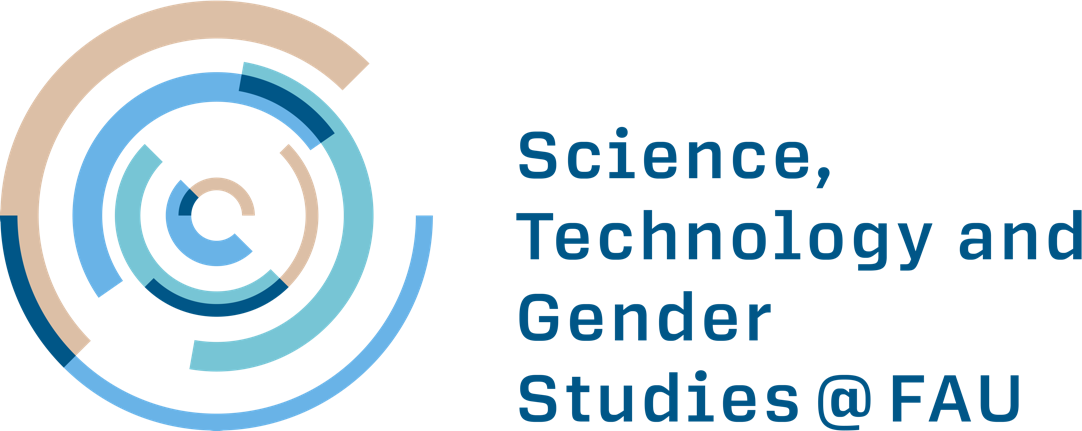Teaching
This research seminar provides a forum for advanced studies in the field of Science, Technology and Gender Studies. As a research colloquium, it invites very advanced MA and PhD students who engage actively in research in STGS.
The seminar’s format includes individual presentations of dissertations and habilitation projects, as well as final drafts of papers ready for publication.
The seminar group take place every Monday from 10:00 to 13:00. Please contact us if you are interested in attending.
More information and dates on Campo
The Geography of Science
Science and geography are interlinked aspects, that have informed each other in numerous ways over centuries – and continue to do so to this day. From the country estate in the British countryside of Lord Rayleigh in the 1800s, to the learned back room ‘Wunderkammer’ in Renaissance Bologna, to the secret science cities of the Soviet Union in the 20th century and today’s elaborate mega laboratories like CERN, where thousands of scientists work with equipment that covers and has changed thousands square meters, science has indeed been carried out in diverse locations and spaces. In this seminar, we will examine some of these areas, and study how science has been affected by its geography, and vice versa, how geography has affected science in many different ways.
We will explore different locations and space where science has been carried out, and also study how geographies have affected scientific results and practices. The seminar will primarily be chronological, focusing particularly on the Renaissance period to the early 20th century, using various cases of science and its geographic connections. The seminar will provide an overview of the history of science focused on geographies and spatiality, that also has relevance for other fields, for instance physics, medicine, geography, sociology, and history.
In the seminar will use various teaching methods, including student presentations, written assignments, quizzes and more to understand the geographic nature of science.
More information and dates on Campo
The History of Nuclear Medicine
According to the American National Institute of Biomedical Imaging and Bioengineering, nuclear medicine is a “… medical specialty that uses radioactive tracers (radiopharmaceuticals) to assess bodily functions and to diagnose and treat disease.”i Behind this unassuming description of a modern medical field, there is a rich and entangled history dating from 1895 to the present. In this seminar, we provide an overview of the field of Nuclear Medicine, starting from the early history of how x-rays and radium were turned into medical technologies and moving to the Cold War when radioactive isotopes were used, commodified and sold worldwide. As part of this, we explore how nuclear medicine was extended into various medical systems around the world.
Our focus with this seminar is on the interconnected aspects of medicine, science and technology. We also examine how different scientific and medical actors collaborated and came together to form a new medical discipline in the post-war period. We pay special attention to the objects of nuclear medicine, both the highly-advanced machines and more mundane equipment that in distinct ways and at various points helped to develop the field. Thus, the history of Nuclear Medicine is both a history of continuities and discontinuities; It could be told through the introduction of novel technologies and subfields of knowledge; of interdisciplinary exchanges; of the institutionalization of new medical specialities.
The seminar uses an innovative examination form where the students write biographies of various nuclear medicine objects and connect them to the wider history of nuclear medicine in the 20th century.
More information and dates on Campo
